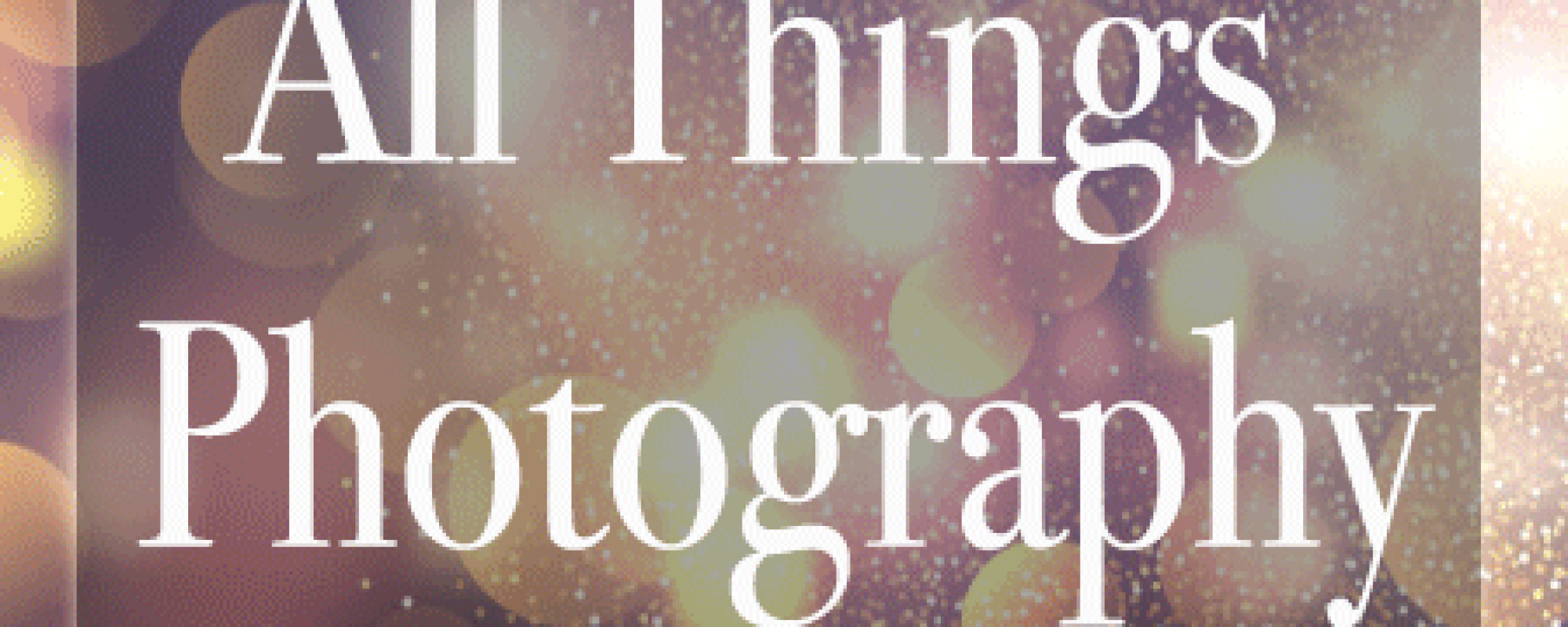[vc_row][vc_column][vc_single_image image=”10747″ img_size=”full” alignment=”center”][vc_empty_space height=”20px”][/vc_column][/vc_row][vc_row][vc_column][vc_column_text]
Is a Lesbian Wedding any different to any other wedding?
[/vc_column_text][vc_separator][vc_empty_space height=”20px”][/vc_column][/vc_row][vc_row][vc_column][vc_column_text]Back in 2013, the Marriage (Same Sex Couples) Bill was passed through parliament and given Royal Assent. This allowed same sex couples in England, Scotland and Wales to legally marry in civil ceremonies and allowed same sex couples to marry in religious ceremonies where the religious organisation opts in to conduct such ceremonies. Since then, Northern Ireland has also legalised same sex civil marriages, following the enactment of the Northern Ireland (Executive Formation etc) Act of 2019. This means that it is now legal for same sex couples to be legally coupled across the whole of the UK. Of course, this is a hugely positive progression and great news all round! But if you are planning a same sex wedding or attending a same sex wedding, you may be wondering whether any aspects of the big day will be any different to any of the opposite sex marriages you may have attended. Here’s some information on the subject that should clear up any questions you may have![/vc_column_text][vc_empty_space][/vc_column][/vc_row][vc_row][vc_column][vc_column_text]
The Differences
[/vc_column_text][vc_separator el_width=”60″][vc_empty_space height=”15px”][vc_column_text]There are only really two main differences between a same sex marriage and an opposite sex marriage. The first is relatively obvious – a same sex marriage will take place between two people who identify as th same sex, while an opposite sex marriage will take place between two people who identify as the opposite sex. The second is a little more complex and regards what kind of ceremony you can have and where you can and can’t get married if you’re a same sex couple.
Currently, same sex couples can have a civil ceremony or a marriage anywhere in England, Scotland and Wales. If you want to be legally paired in Northern Ireland, you can have a civil ceremony but cannot have a marriage. This is due to change pretty soon though! From 1st September, you will also be able to legally carry out a same sex marriage in Northern Ireland. Some rules and regulations apply though – you will need to give notice of your intent to form a same sex marriage to the registrar in your local district council with a minimum notice period of 28 days. For example, if you hand in your notice of intent on the 1st September, you will be able to marry any date from the 29th September onwards.
Another factor to take into account is where you want to get married. The vast majority of non-religious venues will carry out same sex marriages. However, many religious venues will not allow same sex marriages. These include the Church of England, Orthodox Jewish Synagogues, traditional mosques and more.[/vc_column_text][vc_empty_space height=”15px”][/vc_column][/vc_row][vc_row][vc_column][vc_column_text]
The Similarities
[/vc_column_text][vc_separator el_width=”60″][vc_empty_space height=”15px”][vc_column_text]On every other level, a same sex wedding doesn’t stand apart from an opposite sex marriage. At the end of the day, no two marriages are completely the same and the ceremony and reception will largely fall down to the wants, needs and preferences of those who are getting married – whether the couple are of the same sex or opposite sex. If the couple are opting for a traditional marriage, there will likely still be common and traditional elements to the day like a wedding cake, dresses or suits, vows, a wedding photographer, food and drink and more. If the couple opt for a more alternative route, their wedding can be whatever they want it to be.[/vc_column_text][vc_empty_space height=”15px”][/vc_column][/vc_row][vc_row][vc_column][vc_column_text]
FAQs
[/vc_column_text][vc_separator el_width=”60″][vc_empty_space height=”15px”][vc_column_text]There are a number of FAQs that are commonly asked when it comes to same sex marriages, so let’s take a moment to clear them up![/vc_column_text][vc_empty_space height=”15px”][vc_column_text]
- Who’s the bride and who’s the groom? – This is a common question that crops up in regards to same sex marriages and, quite simply, can be pretty offensive. If the two people who are getting married both identify as women, there are two brides. If the two people getting married both identify as men, there are two grooms. If either member of the couple identifies as non-binary or any other gender, they are free to define their terms themselves.
- Who wears the dress and who wears the suit? – This is, again, another ill thought out question that people tend to ask. Couples getting married can wear whatever they please on their wedding day – whether they are in an opposite sex relationship or a same sex relationship. Both partners may wish to wear a dress, both may want to wear suits, one may want a dress and one may want a suit. This all falls entirely down to personal choice.
- Will the vows be any different? – Nowadays, increasing numbers of people are choosing to write vows of their own that differ from the traditional vows given at a wedding. Whether the couple choose to follow more traditional vows or choose their own will depend entirely on the couple!
[/vc_column_text][vc_empty_space][vc_separator][vc_empty_space][vc_column_text]As you can see, same sex marriages really aren’t all too different from opposite sex marriages. At the end of the day, every marriage that goes on, regardless of the gender or sexual orientation of the people involved is a personal and intimate event. What happens at the ceremony will fall entirely down to the participants’ preferences. So, ultimately, no – a same sex marriage isn’t much different to any other wedding you might have attended![/vc_column_text][/vc_column][/vc_row]

